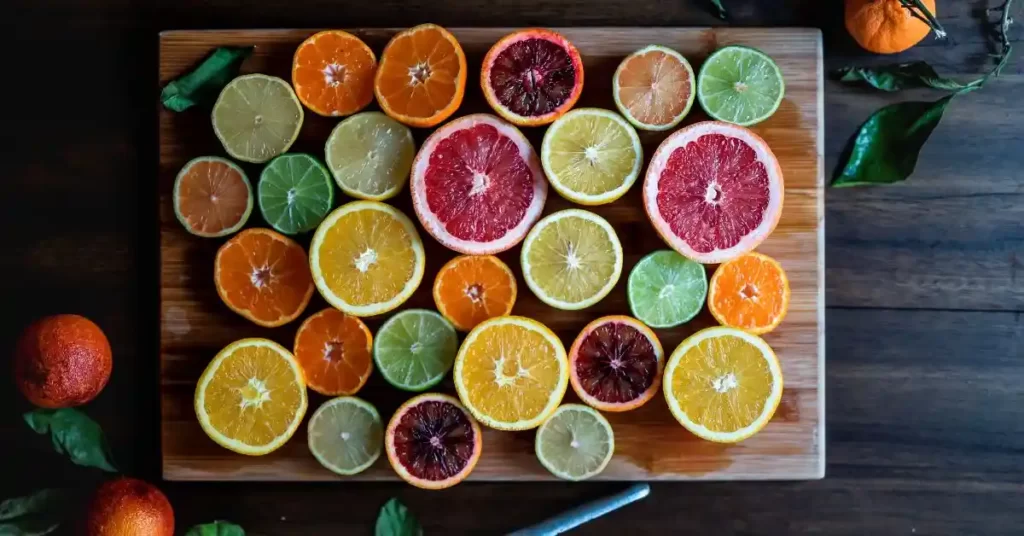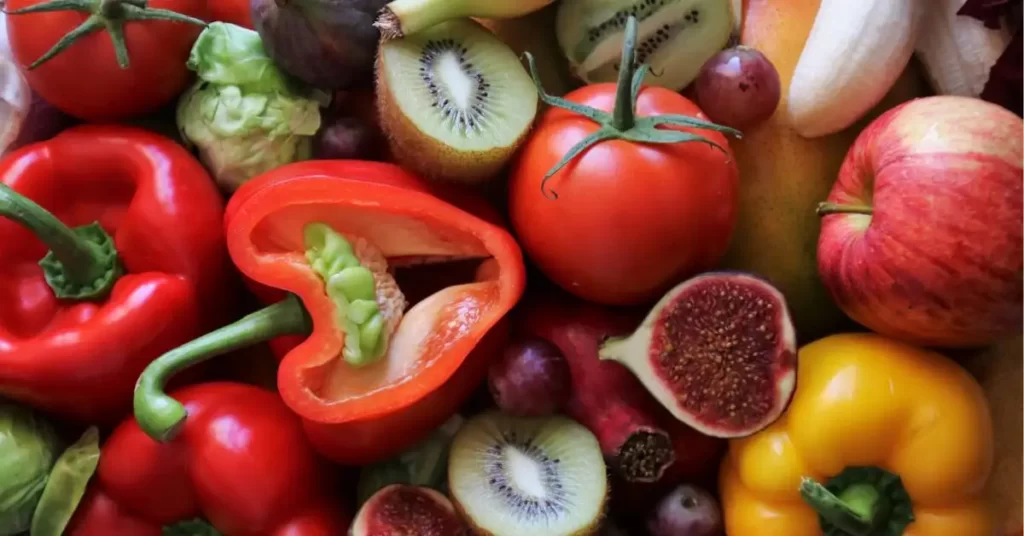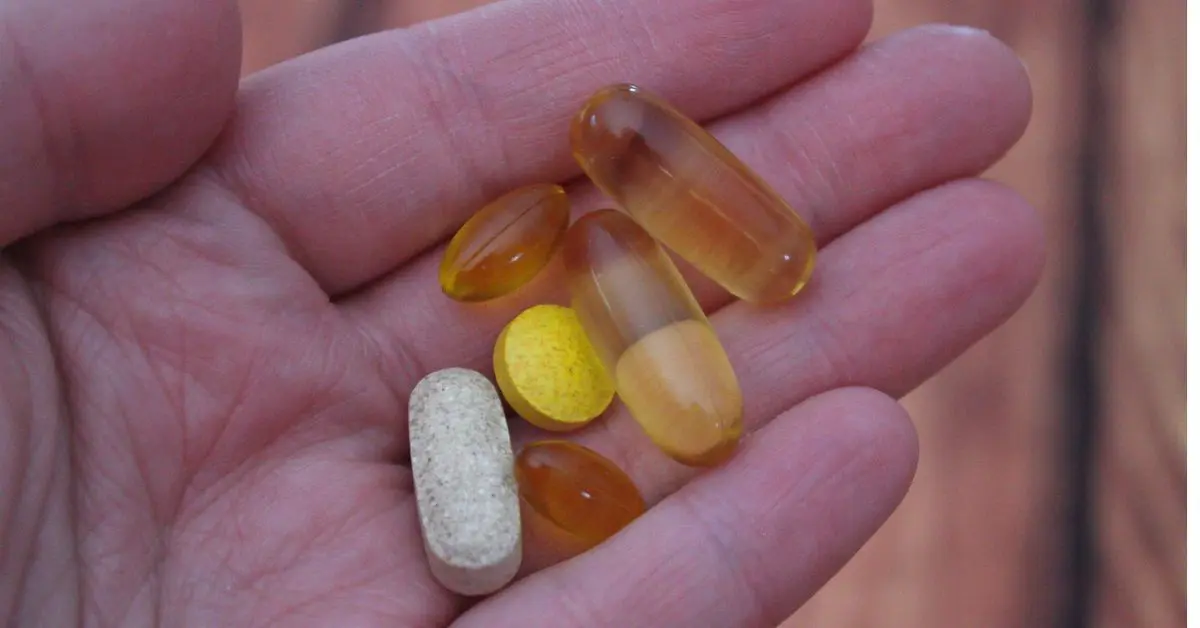Introduction
Vitamins are essential for health and life. They help in growth, regulate metabolism and protect against disease. Vitamins like protein, carbohydrates and fats are organic compounds. Vitamins are present in small quantities of food. We can quickly meet our daily requirement of vitamins by consuming the right foods. But if a person is deficient in one or two vitamins and unable to get enough vitamins from food, he can add supplements for some time. Some of the vitamins are fat-soluble, while others are soluble in water. Vitamins E, D, A and K are the fat-soluble vitamins. The specific function of fat-soluble vitamins is the excess amount of these vitamins stored in the body. The B-complex group and vitamin C are known as water-soluble vitamins. These vitamins cannot be kept in our bodies. The excess water-soluble vitamins would be excreted from the body in the urine.

1. Vitamin B
Vitamin B is essential to the body’s proper function. Vitamin B does help in mood and energy and preventing from depression as well. Riboflavin (B2), Niacin, Folic acid, Thiamine and vitamin B12 are the group of B vitamins. Moreover, they are usually present together in foods. Pulses, cereals, whole grains, green leafy vegetables, milk, oil and nuts, seeds, and animal foods like kidney, liver, lean meat, and egg yolk are the best sources of vitamin B.
2. Vitamin D
We can get vitamin D from exposure to the sun; however, nowadays, many people are covering up their bodies with clothes and SPF sunscreen to block UV rays. And most of us work indoors and don’t go outside. Women always think their skin will get tan if they go outside in sunny weather. Usually, women don’t go outside because they are concerned about their beauty, and most women have Vitamin D deficiency. Vitamin D does help to observe the calcium in the body and maintain bone density. 25-hydroxyvitamin D blood test can tell you whether it is deficient in Vitamin D. Vitamin D is present in animal origins like eggs, liver and butter. However, fish, butter and liver oil are the richest sources of Vitamin D.
3. Beta carotene
Beta carotene means Vitamin A. Vitamin A does help to maintain proper eyesight, soft tissues and skin. You can take beta carotene from food, and your body converts it into Vitamin A automatically. Hence, Carrots, red pepper, spinach, tomato, guava, papaya and pumpkin are the best source of Vitamin A.

4. Vitamin C
Vitamin C does help your body to make red blood cells, heal wood and boost your immunity. It does help in good concentration as well. Studies show when you take a lot of stress, and you get older day by day, your level of ascorbic acid goes down. So, after the age of 30, you need to take enough Vitamin C. Broccoli, Bell papers, tomato, potato, strawberries, oranges, kiwi and grapes are the rich source of vitamin C.
5. Vitamin E
Vitamin E is also vital to maintain your beauty after 30. Because Vitamin E does help keep your skin cells healthy and generate new cells. It also prevents ageing. Corn oil, sunflower oil, sunflower seed, cod liver oil, peanut butter, almonds and wheat germ are the best source of Vitamin E.

6. Vitamin K
Vitamin K plays a vital role in blood clotting. It does keep your bones strong and maintain blood clot in women during menstruation. Moreover, it can fix the symptoms of polycystic ovary syndrome. Every woman needs to add Vitamin K to their diet. Green leafy vegetables, broccoli, cooked spinach, fish oil, and soybean oil are the best source of Vitamin K.

7. Iron
Now a day’s, anaemia in a woman is a common problem. Anaemia means low iron storage or deficiency of iron. If women feel tiredness, headache, insomnia, restlessness, and low energy, that could be the signs of anaemia; after the age of 30, every woman has iron-rich food in their diet. She can also add an iron supplement if someone is deficient in iron. During menstruation, the body loses a lot of iron in the form of blood; if you always feel low in energy and tiredness, you can test your iron profile in the laboratory and then consult your doctor based on your reports.
8. Omega 3
Omega 3 is an essential fatty acid. Omega 3 helps in anxiety and depression, improves mood swings during menstruation, decreases the factor of heart disease and helps in chronic inflammation. It also helps to maintain bones and joints. Chia seed, flaxseed, walnut, and almonds are the source of Omega 3. Cod liver oil and Salmon fish are the richest sources of Omega 3 fatty acids.
Conclusion
Add all these essential vitamins into your daily diet from the foods. If not possible, take all the nutrients from the food so you can add multivitamin tablets. Before adding multivitamin tablets to your diet, ask your dietitian or doctor.




